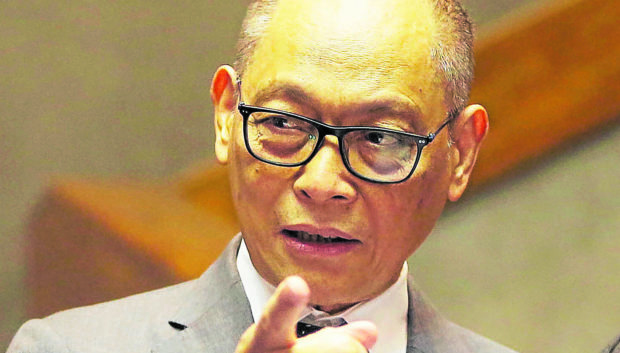MANILA, Philippines—The economic fallout from the COVID-19 pandemic continues to threaten the financial systems of nations and requires regulators around the Asia-Pacific to keep their guard up against so-called systemic risks, according to the head of the Philippine central bank.
In a statement, Bangko Sentral ng Pilipinas (BSP) Governor Benjamin Diokno said financial authorities around the region should maintain the balance between responding to the current needs of the market while mindful of any possible longer-term implications.
While there is recognition that “this crisis is different,” the authorities also appreciate that unconventional interventions needed today could affect market conditions over time.
“What is clear is that there remain systemic risks, both risks to the financial system and risks by the financial system itself,” he said at a recent online meeting of the Regional Consultative Group for Asia (RCGA) of the Financial Stability Board, which he co-chaired.
Seventeen Asian jurisdictions participated in the meeting and were joined by the FSB secretariat based in Basel, Switzerland.
The Financial Stability Board was created in 2009 as a global venue for organizing the reform of the financial system in light of the call to pursue the objective of financial stability after the global financial crisis. The RCGA is one of six regional committees created by the Financial Stability Board in 2011.
The RCGA discussions continued to focus on the damages caused by the economic destruction brought by COVID-19, as well as the steps taken by financial authorities.
According to Diokno, the added complication that the authorities have cited is the possible effects from different paces of recovery across different jurisdictions. Multilateral agencies have noted that the prospects of advanced economies are diverging from that of emerging markets, and this has spillover effects.
“The questions have sharpened as we now see clearer, but apparently more divergent paths in front of us,” Diokno said, adding that “knowing how these different paths affect each one of us will require a lot of discussion to fully appreciate its holistic interactions.”
Communication initiatives and macro-prudential stress tests were also prominently discussed at the meeting. The participants agreed that keeping stakeholders informed has been critical in sustaining concerted efforts in this recession.
Macroprudential stress tests, on the other hand, were being used in many jurisdictions to preemptively identify possible vulnerabilities. The authorities highlighted the important results from these tests that could then be the basis for early action.
Reiterating that the work facing authorities is a journey, Diokno closed the meeting by noting that officials are at “that crucial stage where actions today will more so define the market landscape of the future.”
TSB
